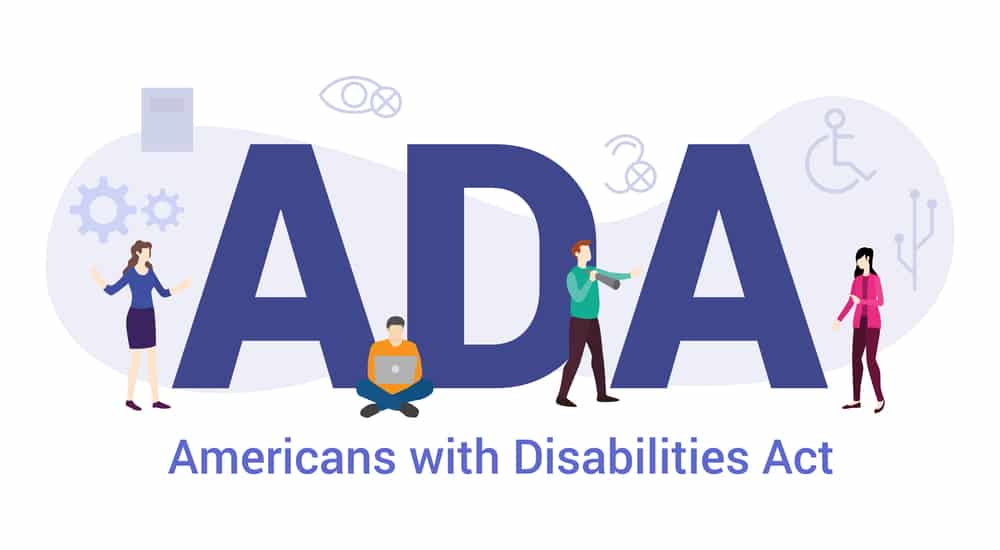Practicing veterinary medicine is an incredibly rewarding career filled with opportunities to improve the lives of animals and their owners. However, it also comes with many legal situations and ethical dilemmas that veterinarians must navigate.
From the day they graduate until they retire, vets will encounter complex legal issues surrounding medical care, client relations, regulations, and business operations.
In this comprehensive guide, we’ll explore the 10 most common legal scenarios a veterinarian will likely face at least once during their career journey.
Understanding these potential situations allows vets to prepare to handle any legal issue or conflict with wisdom and care.
1. Reviewing Partnership Agreements
Some veterinarians co-own a clinic with other vets as a partnership or multi-member PLLC. In these arrangements, a detailed partnership agreement is essential to outline:
- Ownership percentages
- Member roles and responsibilities
- Profit and loss distribution
- Decision-making and voting structures
- Pay and time off policies
- Procedures if a partner wants to leave the practice
We used a veterinary associate contract attorney once to review a partnership agreement before signing, and you should, too, because having an experienced lawyer draft or review a partnership agreement prevents misunderstandings and conflict as the business evolves.
Having a lawyer involved in the process can help protect you and your partners legally and financially, ensuring that every party receives what they are entitled to.
2. Veterinary Malpractice Lawsuits
One of the top legal risks for any veterinarian is a malpractice lawsuit. Like medical doctors, veterinarians are held to a professional standard of care.
This means they must use the degree of skill, care, and diligence expected of a reasonably competent vet under the same circumstances.
If a vet’s actions fall below this standard of care and an animal is injured or dead, as a result, the vet can be sued for professional negligence.
Some common allegations in veterinary malpractice lawsuits include:
- Misdiagnosing or failing to diagnose a medical condition
- Prescribing the wrong medication or the wrong dose
- Errors during anesthetization
- Surgical mistakes or post-operative complications
- Injuries during treatment or exam
To prove malpractice, the plaintiff must show that the vet owed a duty of care to the animal, and the breach directly caused damages.
Good record keeping, informed consent, and following professional protocols are a vet’s best defense against malpractice claims. But even with perfect care, vets may face lawsuits requiring legal defense.
3. Obtaining Informed Consent
Veterinarians have an ethical and legal obligation to obtain informed consent from an animal owner or guardian before performing any procedure, treatment, or euthanasia.
Informed consent means the owner must be given a thorough explanation of:
- The proposed treatment, procedure, or euthanasia
- Potential risks and benefits
- Any alternative options available
- The likely prognosis with and without the treatment
- An estimate of the costs involved
Consent can be verbal, but written consent is ideal for more invasive or high-risk procedures. The veterinarian must ensure the owner understands what they are consenting to.
Failure to gain informed consent could result in disciplinary action or a lawsuit if the owner feels the risks and options weren’t fully explained.
4. Maintaining Proper Medical Records
Thorough and accurate medical records are vital to practicing veterinary medicine legally and ethically. Medical records should include details like:
- Patient information and history
- Diagnostic test results
- Treatment plans and ongoing care notes
- All communications with the animal owner
- Informed consent conversations and forms
- Medical images, laboratory reports, specialty consults
- Billing and payment information
Complete records demonstrate the veterinarian discussed options and risks with the owner, performed needed diagnostic tests, provided an adequate standard of care, and justified all charges.
This protects the vet if the quality of care is ever questioned. Records must be maintained for 3-7 years, even after an animal’s death.
5. Complying with Controlled Substance Regulations
Legal access to and prescription of controlled substances is critical in veterinary practice for managing pain, sedation, and anesthesia. However, mishandling these drugs can result in major legal and professional consequences for vets.
The Federal Controlled Substances Act (CSA) regulates controlled medication possession, distribution, record-keeping, and prescribing.
Vets must register with the Drug Enforcement Agency (DEA) to legally prescribe controlled drugs. Strict protocols must be followed for inventory, storage, dosage, refills, and record keeping.
Improper prescribing or failure to keep accurate records can lead to discipline, the vet’s DEA registration restriction, or even criminal charges in extreme cases.
Staying current on DEA regulations and cautiously managing controlled drugs protects vets from legal action.
6. Navigating Professional Licensing Disputes
Veterinarians must meet educational requirements, pass licensing exams, and renew their licenses periodically to practice legally. Each state has its own veterinary licensing board that oversees disciplinary matters.
A vet’s license can be threatened or revoked if they:
- Violate laws or standards of care
- Engage in unethical conduct
- Aid the unlicensed practice of veterinary medicine
- Failed to keep proper patient records
- Have a criminal conviction or substance abuse issue
Even minor infractions require cooperating fully with the licensing board. More serious or repeated offenses can lead to license probation, suspension, or permanent loss.
A vet must proactively maintain their reputation and follow all laws and regulations to keep their license in good standing.
7. Entering Employment Agreements
It is common for veterinarians to be employed by an established or corporate practice. The employment agreement outlines salary, benefits, non-compete clauses, reasons for termination, and more.
Vets should carefully review these agreements and negotiate favorable terms before signing.
Some issues that often arise include:
- Limits on supplemental income from other work
- Unreasonable restrictions on working for a competitor if they leave the practice
- Unclear ownership of intellectual property or clinical innovations
- Lack of protection if the practice is sold
Employment contracts protect both the practice owners’ and the veterinarian’s interests. But vets shouldn’t enter any agreement without fully understanding the legal implications.
8. Establishing a Veterinary Practice Entity
Veterinarians who start their clinic or purchase an existing practice must choose a business entity like a sole proprietorship, partnership, corporation, or LLC. Each entity has different legal and tax implications that must be carefully weighed.
A major consideration is limiting personal liability. With a corporation or LLC, the veterinarian’s assets are usually protected from debts and fraudulent lawsuits associated with the business.
Complex rules govern how profits can be distributed to owners or shareholders.
Navigating the filing requirements, paperwork, ownership structure, profit allocation, and asset protection strategies requires input from legal and accounting professionals.
But the right business entity can save veterinarian owners significant money and headaches.
9. Navigating Payment Disputes
Despite best efforts to explain fees upfront, payment disputes can still arise in veterinary practice. Clients may be shocked by emergency care bills or feel services weren’t fully explained.
To avoid conflicts, vets should:
- Use written treatment plans and high-cost estimates
- Collect payment when services are rendered
- Have clear finance charges, collection fees, and payment policies
- Document all communications about costs and payments
In a dispute, proper documentation demonstrates the practice made reasonable efforts to inform clients of costs and collect payment appropriately.
Legal action may be needed if a client refuses to pay for services already rendered.
10. Handling Allegations of Veterinary Negligence
Emotions run high whenever an animal is injured or dies under a vet’s care. Clients may look for someone to blame and make allegations of negligence, even if the vet followed proper protocols.
If a client threatens legal action, the vet should:
- Remain empathetic but avoid admitting guilt
- Gather all medical records and supporting documents
- Report the situation to any business insurance policies that may provide coverage
- Contact an attorney to respond to the client appropriately
While tempting to take accusations personally, staying calm and methodical protects the veterinarian’s interests.
Most issues can be resolved if the vet has documented evidence they exercised reasonable professional care.
Preparation Is Key to a Fulfilling Career
Legal situations will inevitably arise in the day-to-day life of a veterinarian. By knowing which scenarios are most likely, vets can be proactive and prepare themselves through careful protocols and documentation.
They can also build relationships with professionals like lawyers and accountants to have guidance when legal questions arise.
While complex at times, the law aims to balance the interests of animals, clients, and veterinarians striving to provide exceptional care. Understanding the legal landscape allows vets to gain competence and confidence to handle any situation.
Focusing preparation on priority areas like records and consent frees veterinarians to do what they do best – improve the health and welfare of their beloved animal patients.
With the right knowledge and support, vets can enjoy a rewarding career and avoid being blindsided by legal conflicts.



